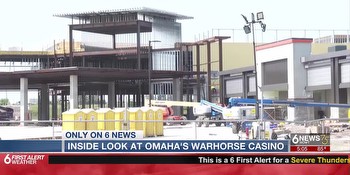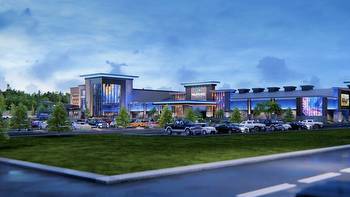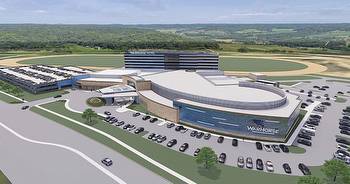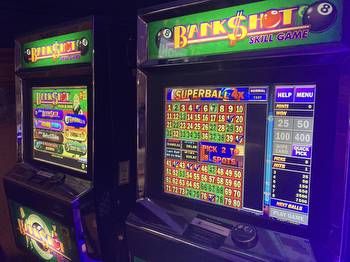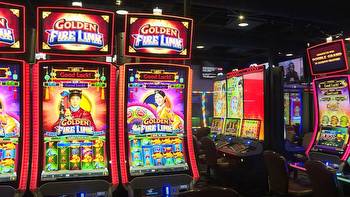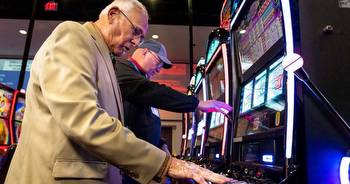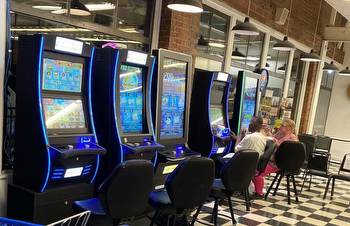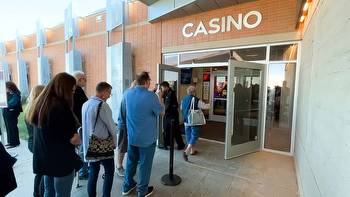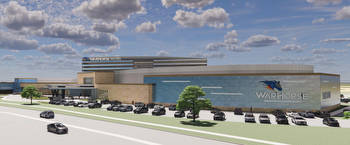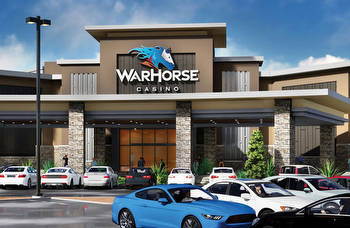Nebraska senator to introduce legislation to tax "skill games" as they expand in the state
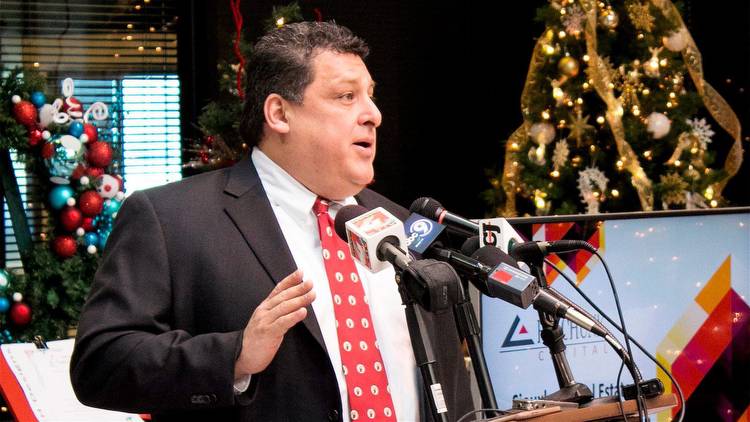
A Nebraska state senator, along with the operator of Lincoln’s WarHorse casino, are targeting so-called "skill games" to pay the same taxes as slot machines, and to begin contributing to lowering property taxes.
State Senator Tom Briese of Albion, who has made property tax relief a top priority, said he will introduce a bill in the Legislature this year to tax skill games at the same rate as slot machines, which is 20% of net revenue, and to use it for property tax credits. “I see machines as another revenue source. If they’re going to be out there, they need to be taxed,” he said, as reported by Nebraska Examiner.
Lance Morgan, president CEO of Ho-Chunk Inc, the operators of WarHorse Casino in Lincoln, said it galls him that his organization had to pay $5 million for a state casino license that allowed him to install slot machines, yet a business can install a skill machine by purchasing a $250 state sticker, the cited source further reported.
Since 2011, skill games have been legal in Nebraska, even before slot machines were, provided they allegedly require some level of skill to win, in contrast with the random nature of slots. In recent years, the number of skill games has more than doubled across the state, jumping from 1,577 in 2018 to 3,878 in November, as reported by the Nebraska Department of Revenue data.
These machines have been in bars and restaurants for years, but they are now becoming fixtures in convenience stores and supermarkets, and they are even forming new sorts of stand-alone skill game casinos, independent from the typical slot and table games properties.
It is a part of a national trend that has grown to an estimated $109 billion a year in play on skill gamesand $27 billion in revenue, according to the American Gaming Association. The AGA recently asked the US Department of Justice to intervene and require skill games to be regulated as gambling devices. Currently, there are more skill games in Lancaster County (568) than slot machines at the WarHorse Casino (430).
Part of the pitch to voters, who approved casino gaming last year, was that a portion of the revenue from casinos and slot machines would go to property tax relief, as much as $90 million to $100 million once six casinos are open.
As estimated by Ho-Chunk Inc., taxing skill games might increase that by another $20 million. Morgan also thinks skill games need more vigorous inspections and oversight, as is required of his slot machines.
Any proposal to tax these machines is expected to seestrong opposition from the business and charities that own and profit from the games. Jim Ritzman of the Sowers Club of Lincoln said a 20% tax would probably end the club’s venture with skill games. The club makes about $75,000 a year from the 10-12 skill games it installs in Lincoln sports bars, and proceeds are used for youth activities and for college scholarships, he said.
Some small businesses that install their own skill games, including those in small towns, maintain that revenue from the machines helps them keep their doors open. Both Ritzman and Kent Rogers, a lobbyist who represents a skill game distributor, said comparing them to slot machines is like comparing apples to oranges.
However, not everyone is of the same opinion. Skill game critics dispute that and maintain that little “skill” is required to play the game, and that there’s little difference between them and slot machines.








